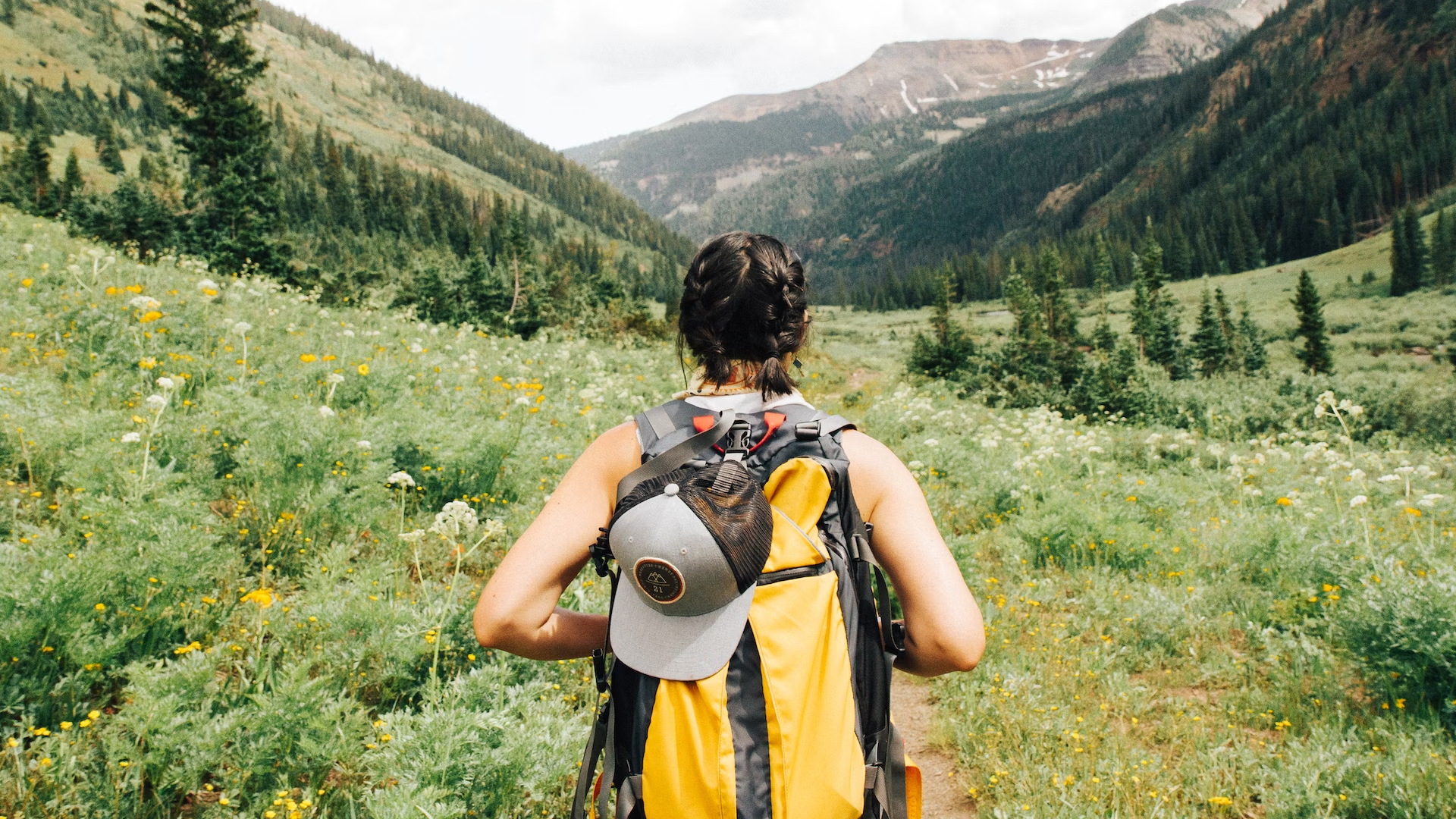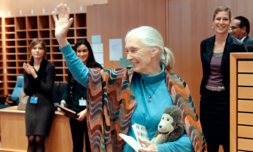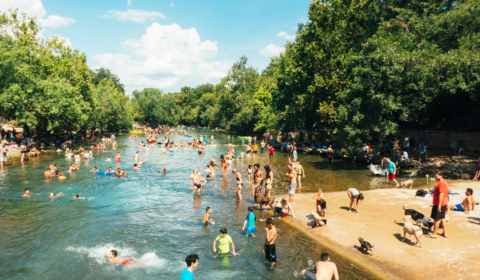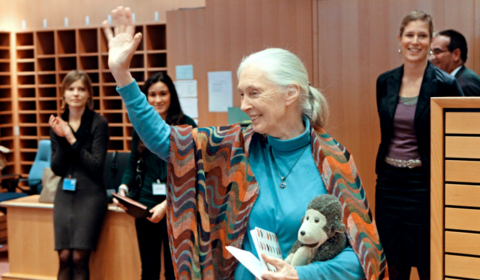As restrictions lift, we’re all reclaiming the joy of travel. But it’s best we approach this new chapter with caution.
Tourism is one of the great joys in life. Correction, travel. Travel is one of the great joys in life.
The distinction is necessary because of the baggage tourism carries, both literally and figuratively. While the tourism industry helps uplift entire communities, encouraging economic growth, cultural understanding, and a huge number of jobs, it also has a bad reputation.
Tourists crowd streets, they ruin once-hidden-gems in the form of restaurants, bars, and beautiful landscapes. They obnoxiously take photos where it’s inappropriate to do so, and even deface sacred monuments.
But the worst thing about tourists is that we’ve all – at some point – been one.
We love to see new parts of the world, escaping the dreary weather of home soil for warmer, greener pastures. Between 1998 and 2019, the number of international tourist arrivals doubled to 2.4bn a year.
This is a reason to celebrate, if you’re a tourist industry mogul. But for local residents and the planet, it’s not such good news.
As demand for hotel rooms grows, residents find it harder and harder to afford local housing. And with the rise of Airbnb, entire buildings are being removed from the housing market and offshored to international visitors.
The result is a city that morphs into a kind of uber-monument – a place for people to photograph and spend money, while young people, and any semblance of the local culture, are rooted out.
As Simon Kuper pointed out in the Financial Times, ‘a painful paradox of urban tourism is that the cities attracting the most visitors are cramped, ancient places lacking space even for residents’.
Now that the grip of Covid-19 has relinquished its hold on international travel, tourists are chomping at the bit.
We’ve endured almost three years of isolation, staring at the same four walls and navigating illness, loss, and an endless stream of zoom meetings. The least we deserve is some sunshine and a few cultural pit-stops.
But while our Instagram’s are flourishing, the planet isn’t.
Proponents of tourism argue that it brings economic prosperity, creates jobs, and fosters cross-cultural understanding. But the mass influx of visitors strains local ecosystems, accelerates deforestation, and intensifies pollution.
Moreover, the carbon footprint left by air travel is a major contributor to climate change. The resurgence of international travel post-pandemic has only exacerbated the problem.
As tourists jet around the globe, the carbon emissions released into the atmosphere exacerbate the climate crisis, making it increasingly difficult to achieve global climate targets.
Proponents of tourism argue that it brings economic prosperity, creates jobs, and fosters cross-cultural understanding. Undoubtedly, tourism can be a powerful tool for economic development, especially in developing countries where it contributes significantly to GDP.
However, the focus needs to shift from quantity to quality.
Some cities are even starting to actively deter tourists, once considered beacons of economic growth.
Amsterdam, which is overrun with drunk, rowdy Europeans for much of the year – a large number comprising stag-do’s slumped drunkenly in the gutter – launched a recent campaign attempting to discourage ‘nuisance’ British tourists from visiting the city.
Deputy mayor Sofyan Mbarki also unveiled plans to ban cannabis smoking in Amsterdam’s streets, and place caps on bachelor party bookings at venues.
But these government interventions are just one prong of the multi-faceted approach needed to curb tourism’s socio-economic impacts.




















